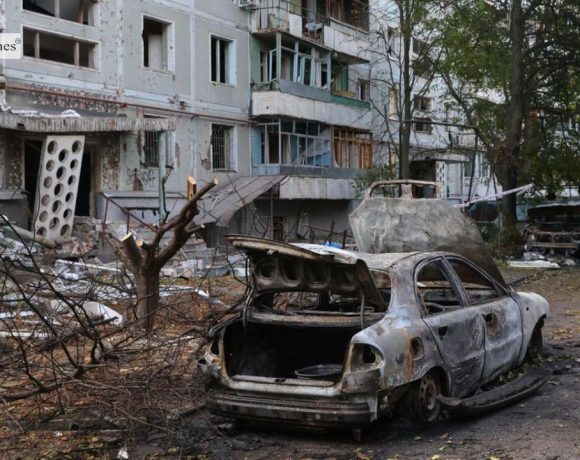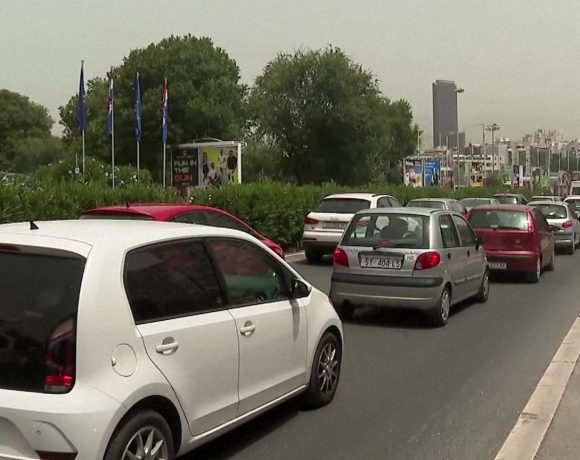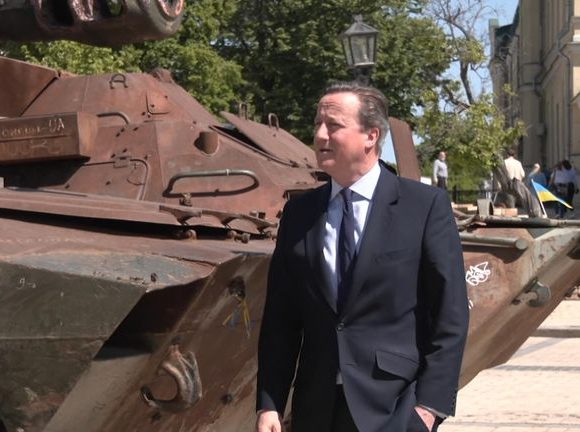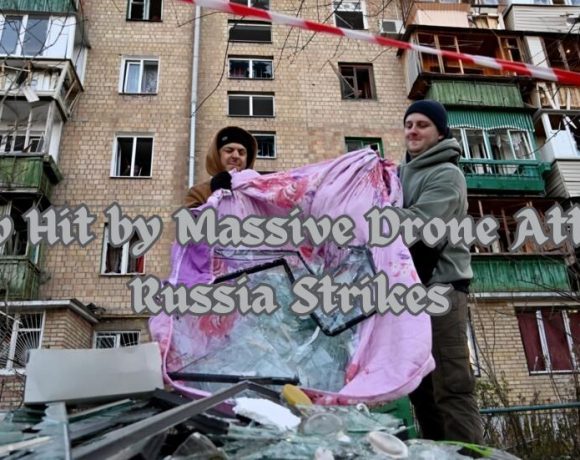
Turkey has asked Russia, Ukraine, and other actors involved in the war to avoid targeting energy infrastructure, stressing the need for uninterrupted energy supply amid rising attacks near the Turkish coast. Energy Minister Alparslan Bayraktar said Ankara is alarmed by recent drone strikes on Russia-linked vessels in the Black Sea, urging all sides to protect critical infrastructure, including international routes like the Caspian Pipeline Consortium (CPC).
The warning comes after Ukraine claimed responsibility for a drone attack on two empty tankers heading to a Russian port, while denying involvement in another incident involving a Russian-flagged vessel carrying sunflower oil. These attacks have pushed up insurance costs for Black Sea shipping and forced at least one Turkish company to suspend Russia-related operations for safety reasons. The CPC pipeline, which handles more than 1% of global oil supplies, temporarily shut down after damage caused by a Ukrainian drone, prompting Kazakhstan to divert shipments through the Baku-Tbilisi-Ceyhan (BTC) pipeline.
Bayraktar also revealed that Ukrainian President Volodymyr Zelenskiy requested Turkey’s support in securing gas supplies during his recent visit to Ankara. Turkey’s state-run BOTAS and Ukraine’s Naftogaz are now exploring cooperation opportunities. Noting Ukraine’s large underground storage capacity, Bayraktar indicated that the country could stockpile cheaper energy in summer for use during winter.
Pic courtesy: google/ images are subject to copyright





